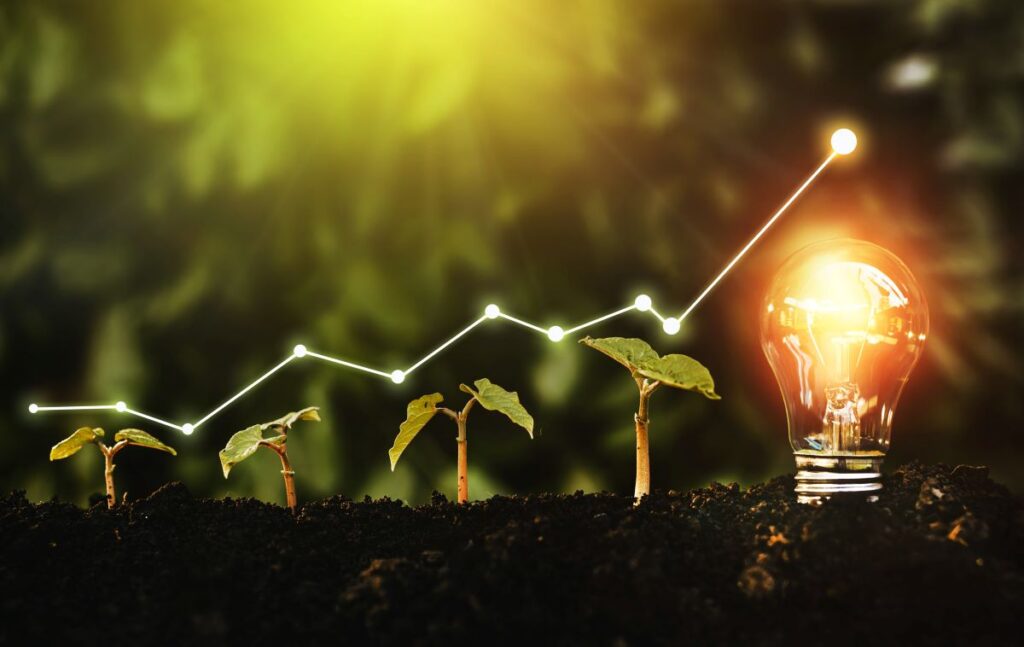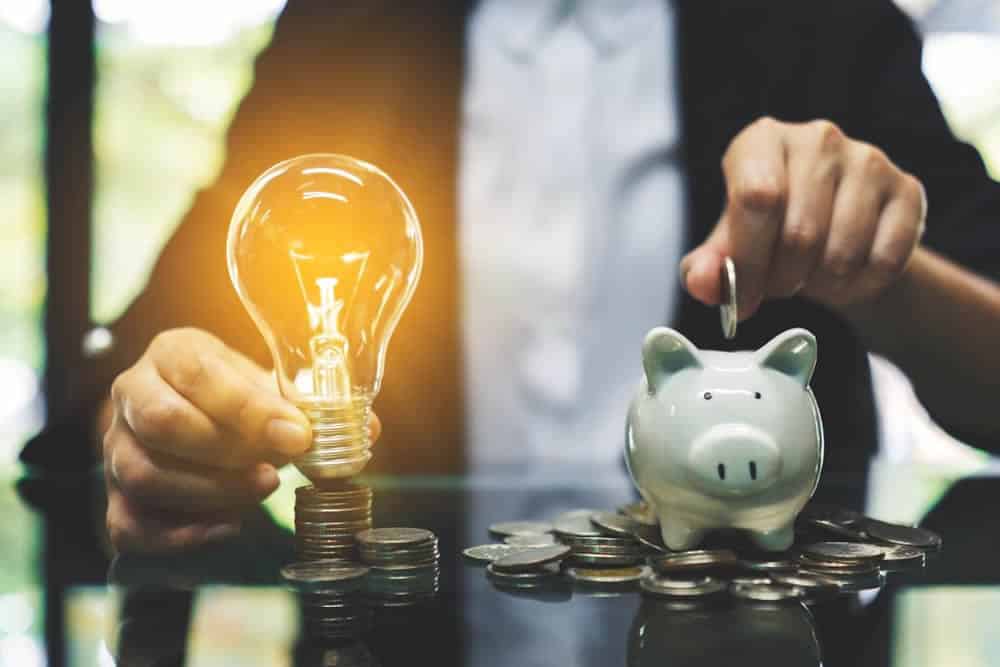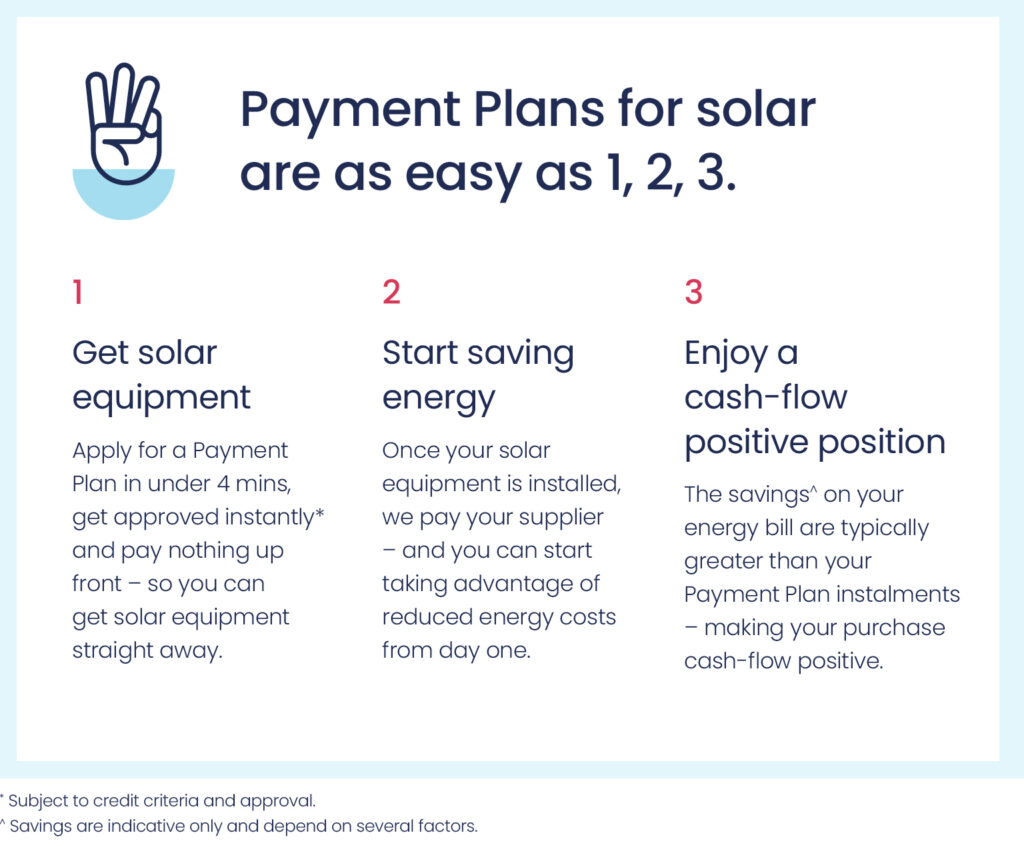SOLAR & BATTERY SYSTEMS FOR FARMS | ILKLEY, SUNSHINE COAST & SOUTH EAST QLD
Harness the Power of Solar Energy for Your Agricultural Needs
In the ever-evolving agricultural landscape, the integration of solar energy is becoming not just a choice but a necessity for farmers aiming for sustainability and cost-efficiency. At One AU Energy, we understand the unique challenges faced by the agricultural sector and are committed to providing tailored solar solutions that can transform your farming operations.
Led by Darren, our experienced team brings a wealth of expertise in solar installations for farms and agricultural businesses. Based in Ilkley, we service the Greater Sunshine Coast, Brisbane, Gympie and Wide Bay.
Looking to reduce your energy bills and contribute to a greener future?
REASONS TO CHOOSE SOLAR
Why Choose Solar for Your Farm?
Cost Savings
The rising costs of electricity can significantly impact your farm's bottom line. Solar energy provides a reliable and cost-effective alternative, allowing you to generate your own electricity and reduce reliance on the grid. Over time, the savings on energy bills can be substantial, freeing up capital for other critical investments.
Energy Independence
Solar power enables farms to become energy-independent, reducing vulnerability to fluctuating energy prices. This independence is particularly beneficial for operations that require a consistent power supply, such as irrigation systems, refrigeration and livestock facilities.
Sustainability and Net Zero Goals
Transitioning to solar energy aligns with sustainability goals and can significantly reduce your carbon footprint. By investing in renewable energy, you contribute to a cleaner environment and help meet net-zero emissions targets, showcasing your commitment to sustainable practices.
Battery Storage Solutions
Pairing solar systems with battery storage allows you to store excess energy generated during the day for use during peak times or at night. This ensures that your farm runs efficiently, even when the sun isn’t shining.
Frequently Asked Questions
From July 1, 2025, the Australian Government’s Cheaper Batteries for Homes program offers a rebate of up to $370 per usable kilowatt-hour (kWh), potentially saving you around $3,000 on a typical home battery installation. To qualify the system must be between 5kwh and 50kWh in capacity, be installed by a CEC accredited installer, be Virtual Power Plant (VPP) ready and be installed on a home or business with new or existing solar.
Read MoreThe amount you save depends on your energy usage, location, and the size of the system. On average, customers can reduce their electricity bills by up to 70%, with further savings by storing excess energy in a battery for later use.
Solar panels typically last 25-30 years, with minimal maintenance required. Modern batteries generally have a lifespan of 10-15 years, depending on usage and quality. Both are excellent long-term investments in energy efficiency.
Yes, it’s possible to run fully off solar with the right-sized system and battery storage. Most people choose a hybrid setup, using solar power during the day and stored battery power or grid electricity at night, to ensure consistent energy availability.
After an initial assessment of your energy needs, we design a system tailored to your property. The installation process can vary from 1-3 days to 4-6 weeks, depending on the size of the system. We handle everything from connect applications, engineering to the final commission and handover.
Put simply, whatever energy doesn’t get used by the household is “exported” to the electricity Grid at a rate determined by the energy retailer. This rate is referred to as a feed in tariff (FIT) and is measured in cents per kilo watt hour (c/kWh). Some electricity retailers offer a higher feed in tariff for excess solar, but it is important to understand what your usage rate is in exchange for a higher FIT. Sometimes, it is not worth sending anything back to the grid because it simply isn’t worth that much.
Another effective way to utilize excess energy generated by solar is to install a Battery. This allows you to store and use solar energy during peak demand periods (4pm-9pm) where charges are higher than off peak periods (daytime).
We consider a variety of factors prior to recommending an appropriately sized system. Believe it or not, a bigger system doesn’t mean that you get the best benefit. When assessing the suitability of a Solar PV system, we assess the following.
- Your energy consumption throughout the year
- Your location and the surrounding environment (trees, neighboring buildings ect)
- Your roof type and space available
- Your long-term plans
- Your budget
- Your energy habits and the overall profile of the home/business
The good news is that we consult with you on sizing a solar system and consider all the above criteria before proposing a tailored solution.
Solar STCs, or Solar Small-scale Technology Certificates, are renewable energy certificates associated with small-scale solar power systems in Australia. They represent the environmental benefits obtained from generating renewable energy. Eligible solar power systems with a capacity of 100 kilowatts or less can create and sell STCs based on factors such as system capacity, location, installation date, and expected energy generation.
Essentially, they can be used to lower the cost of your new Solar PV system and we can handle the process for you.
Flexible Finance Options Available
Looking to power your business with solar but want to manage upfront costs? We offer tailored finance solutions through our trusted partner, Smart Ease, with $0 upfront payment plans and fast approvals.


TESTIMONIALS
What Our Clients Are Saying
Tom Hunt
I could not recommend Darren and the team highly enough. They completed a new 6kW solar system and other electrical works at our place. The whole process was a great experience and their workmanship, expertise and professionalism could not be faulted and was greatly appreciated.
Jake Young
Used Darren for a solar installation which he completed on short notice, with out any complaints! Great company great service highly recommend.
Emma Wardle
Darren came out and installed our solar, did some electrical works and also ran power to our pool. I can’t recommend him enough, his attention to detail and knowledge was incredible and we are very happy with the service provided. Will be using OneAU Energy again in future!
Getting Started
Are you ready to enhance your farm or agricultural business with solar energy and work towards a more sustainable future? Contact us today for a detailed consultation. Let us demonstrate how solar energy can transform your operations, support your sustainability goals, and deliver significant cost savings.

